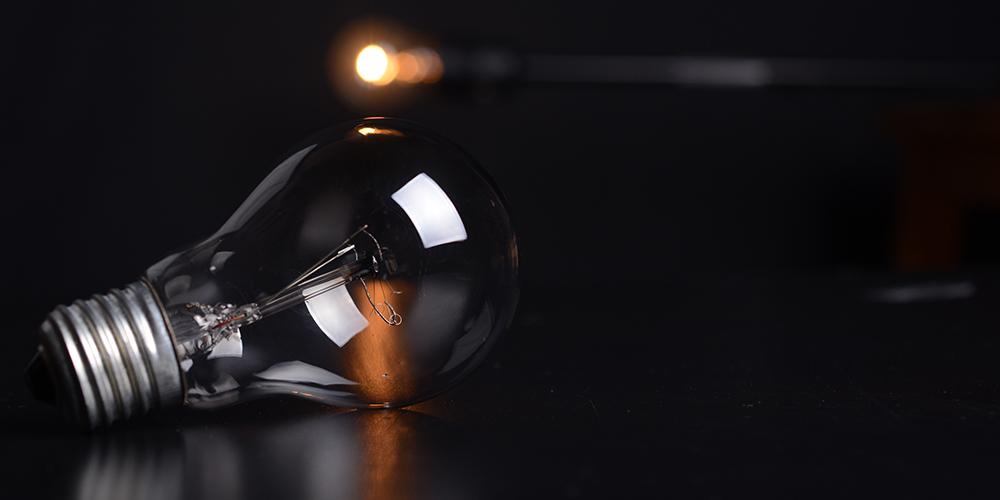Power outage

A power failure can have a human, technological or natural cause, e.g. extreme weather conditions. A power failure can occur suddenly, for example when there is an interruption in the supply, or it can be the result of a shortage of electricity, when the demand for electricity exceeds the supply.
BEFORE
- Avoid wasting energy. This also reduces the risk of power shortages.
- Turn off unnecessary lights and appliances.
- Lower the thermostat.
- Preferably use appliances such as the washing machine and dishwasher after 10 p.m.
- Read more tips.
- If there are planned works or if there is a shortage of electricity and the switch-off plan has to be activated, you sometimes know in advance that you will not have power for a while. Use the following tips:
- Make sure you have enough battery on your mobile phone. If necessary, provide a fully charged portable charger.
- Provide food that can be eaten cold, and hot water.
- Keep your freezer closed. A 3-4 hour power outage will not defrost your food. You can put a bag of ice cubes in the freezer to check. If this ice has not melted, your food is not spoiled.
DURING
- Unplug sensitive electrical devices to avoid damage from excessive voltage when restarting.
- Listen to the government's recommendations.
- Preferably use a torch instead of candles.
- Do not open your fridge or freezer unnecessarily.
- Limit trips by car. The operation of the traffic lights may be disrupted.
- Read more tips.
AFTER
Have you had no electricity for a while?
- Do not turn on electrical appliances at the same time. Give the system time to stabilise.
- Check that the food in your fridge and freezer is not spoiled. When in doubt, it is best to throw it away.
- To check, you can put a bag of ice in your freezer. If you notice that the ice has melted and then refrozen, there is a good chance that your is spoiled.
- If the door of your freezer has remained closed, the food can remain frozen for 24 h to even 36 h during a power outage, depending on the temperature. In that case, it is safe to eat the food.
- Read more tips.
Impact and probability
 In 2018, the National Crisis Center coordinated a large-scale risk assessment for Belgium for the period 2018-2023. Several experts assessed various risks based on their probability and their impact on people, society, the environment and the economy.
In 2018, the National Crisis Center coordinated a large-scale risk assessment for Belgium for the period 2018-2023. Several experts assessed various risks based on their probability and their impact on people, society, the environment and the economy.
For the risk of 'large-scale power failure (unexpected power failure)', the analysis is:
- Impact: moderate impact
- Probability: possible
Read more about this analysis and what this chart means.
What does the government do?
The Federal Public Service Economy supervises the supply of electricity by, for example, conducting prospective studies or creating strategic reserves.
Two procedures exist to manage power outages:
- A procedure in the event of a shortage of electricity
- A procedure in the event of a sudden incident
During a power outage, various measures can be taken to restore the balance between electricity supply and demand, e.g. increasing the means of production, or asking users to reduce their energy consumption. Only when there is no other option will the switch-off plan be automatically activated.
Switch-off (or brownout) refers to the temporary interruption of the supply of electricity to certain users in certain areas of the country. This will keep the network intact and prevent a general blackout, in which the entire high-voltage network in our country or large parts thereof are without power. Read more about the switch-off plan.
